Latest Conversations
- In Conversation
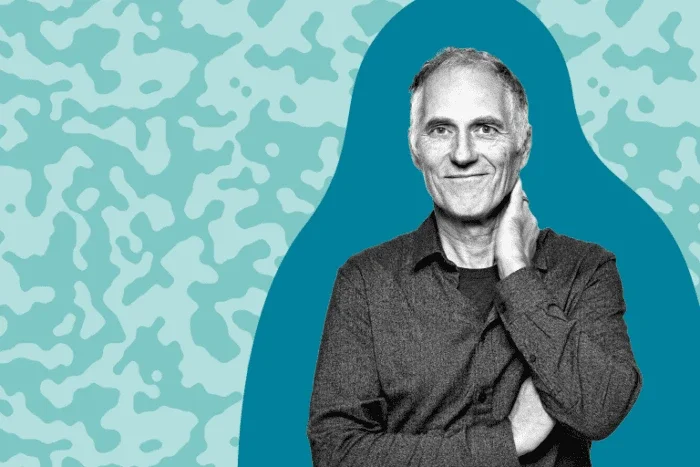
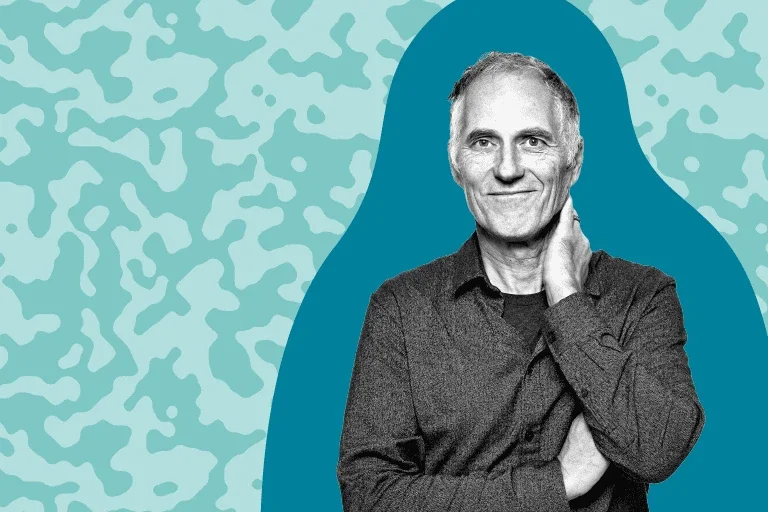
Tim O’Reilly on AI’s Role in the Attention Economy
AI could help us navigate unimaginable oceans of information online – or it could make it even easier to distract us from what’s important. - In Conversation
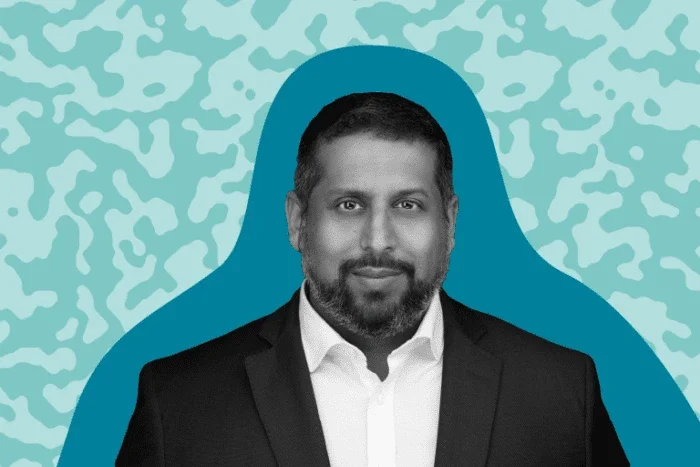
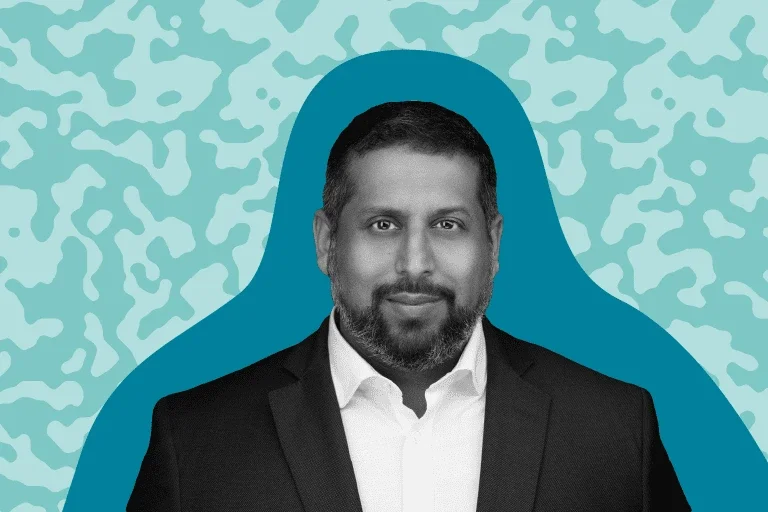
Vilas Dhar on Transforming Power through AI
Our civil institutions and non-profit sector were built for a pre-AI world. How, then, can we use AI to transform power in our society? - In Conversation


Tobias Rees on AI's Potential to Explore New Types of Intelligence
Are we focusing too much on how AI can mimic humans rather than its potential to develop a new form of intelligence altogether? The director of the Berggruen Institute’s Transformations of the Human Program shares some thoughts. - In Conversation


Jim Guszcza Looks at AI Through the Lens of Human Behavior
Does treating AI development as an applied social science make it easier to mitigate its potential harm? Stanford University research affiliate Gusczcza weighs in. - In Conversation


Gillian Hadfield on the Democratic Deficit
The director of the Schwartz Reisman Institute for Technology and Society discusses the democratic deficit in the process of deciding how AI gets built, and who builds it. - In Conversation


Daniel Wolfe on the Dangers of Algorithmic Prescriptions
Should algorithms make our healthcare decisions for us? As more medical professionals are encouraged to outsource their opinions to unregulated software, Wolfe shares how this issue has life-changing implications. - In Conversation
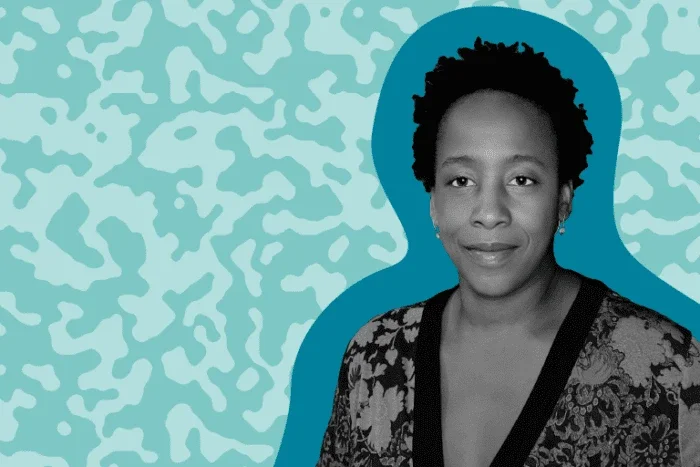
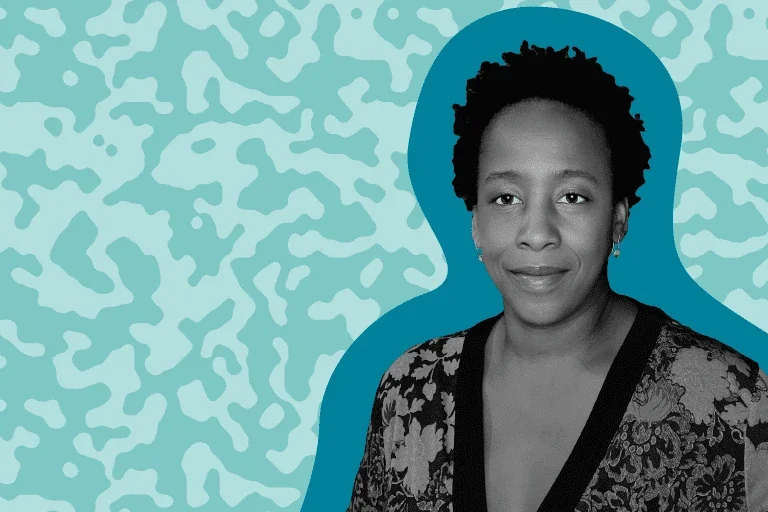
Stephanie Dinkins on AI, Artistic Expression, and Making Criticism Count
Transdisciplinary artist Dinkins explores how we could use data contributed by the public to remodel society, with the help of AI. - In Conversation
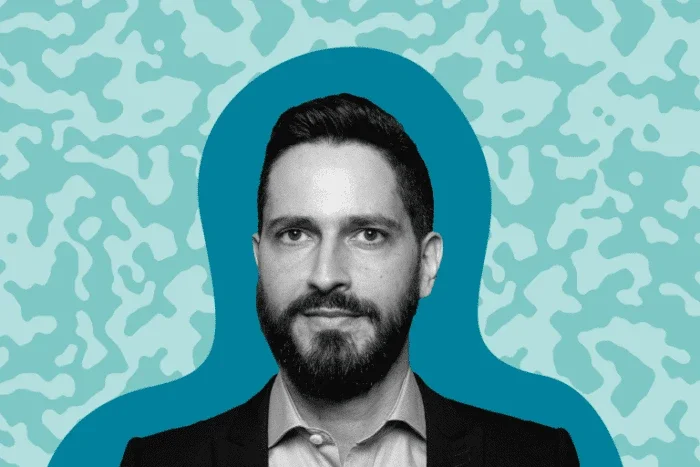
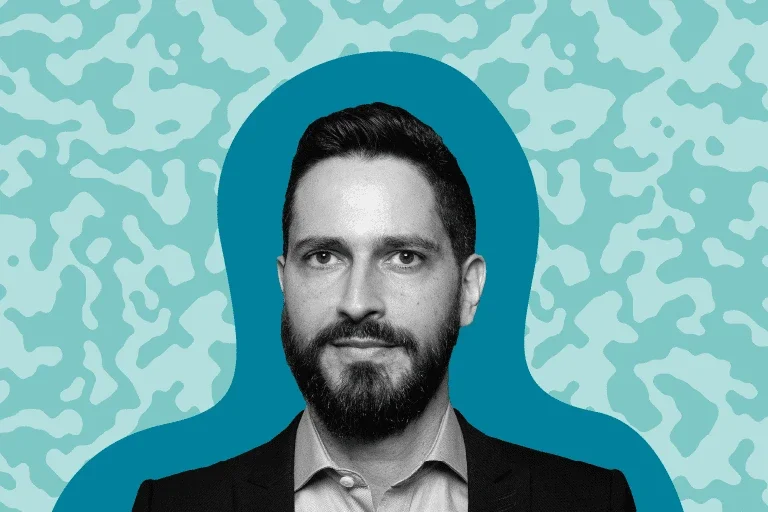
Ronaldo Lemos on the Value of Divergent Approaches to Governing AI
How can we prevent AI’s most serious negative impacts from hitting the Global South hardest? As a lawyer, professor, and director of ITS Rio, Lemos explains why competing AI governance frameworks around the world can create beneficial regulation. - In Conversation


Mary L. Gray on the Power of AI Access for All of Humanity
A Senior Principal Researcher at Microsoft suggests our first priority with AI should be to ask, “What are the decisions we want AI to be making, and where are people left out of those models?” - In Conversation
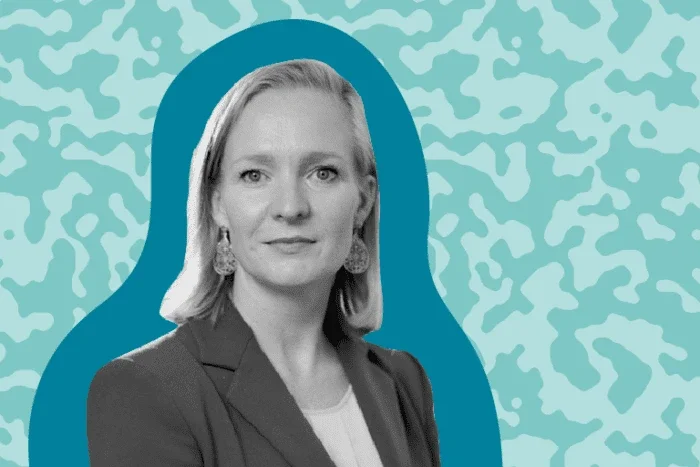
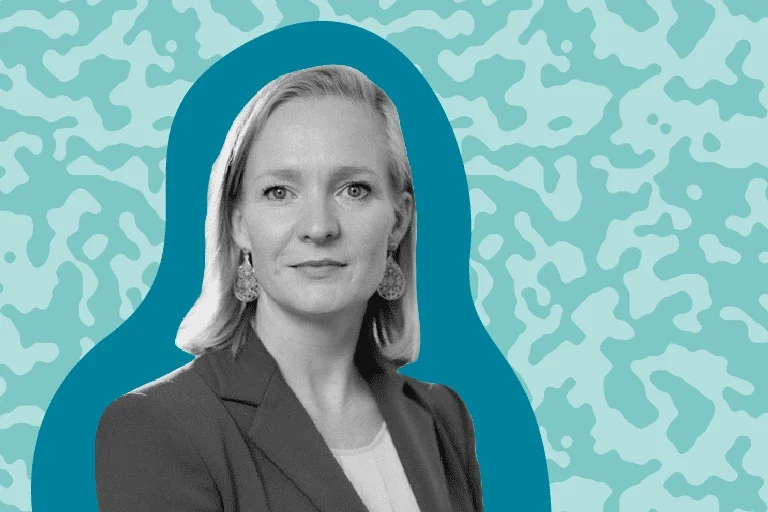
Marietje Schaake on Unchecked AI as a Threat to Democracy
Are digital technologies helpful or harmful for democracy? Schaake reflects on a decade of service as a member of the European Parliament and shares what’s top of mind today. - In Conversation


Data.org’s Perry Hewitt & Danil Mikhailov in Conversation on Building Data and AI Skills for Social Good
Leaders from data.org discuss the scarcity of data skills in the social sector and how they’re working to produce 1 million data-driven social impact practitioners by 2032.
